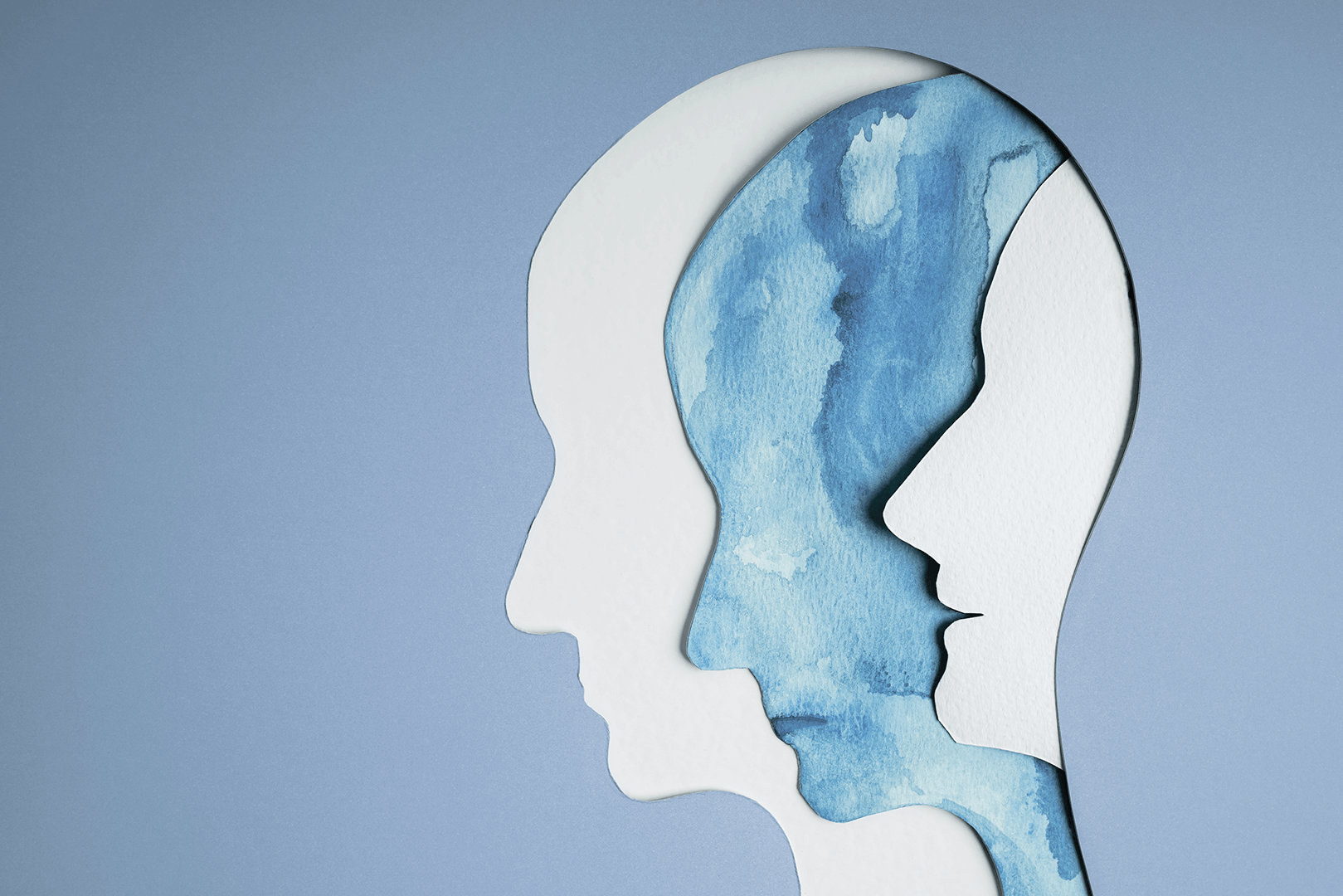Essential Tips for Effective Bipolar Disorder Rehab in Pune

Recovering from bipolar disorder is not merely about stabilizing moods—it’s a journey toward a balanced and fulfilling life. While Pune is home to several reputable rehab and mental health centres—such as Jagruti Rehab, Samyak Rehab, Manovardhan Rehabilitation Centre, and Roshni Rehabilitation Centre—they all provide a range of clinical, therapeutic, and supportive services tailored to managing bipolar disorder.
Here are essential tips to ensure your rehab experience is effective, sustainable, and centered on your long-term wellness with a Bipolar Disorder Rehab in Pune.
1. Choose a Center with Multidisciplinary Expertise
Effective rehab requires a team—including psychiatrists, psychologists, therapists, counselors, and support staff. For instance:
- Jagruti Rehab offers neuro‑psychological assessments, pharmacological treatment, group therapy, music and dance therapy, and family counseling.
- Manovardhan Rehabilitation Centre combines inpatient care with OPD services, continuing care, relapse prevention, and alumni support groups.
- Samyak Rehab ensures round‑the‑clock access to psychiatrists and personalized, holistic programs.
- Roshni Rehabilitation Centre integrates therapy, medication, and lifestyle support tailored for bipolar disorder.
Tip: Verify that the center offers both clinical (medication, therapy) and complementary services (group therapy, creative therapies, family involvement).
2. Seek Comprehensive Diagnosis and Personalized Plans
Start strong with a thorough diagnostic assessment. The right rehab centre will carefully evaluate your mood history, stress triggers, comorbidities, and lifestyle challenges.
A center like Jagruti conducts detailed psychiatric evaluations and crafts individualized treatment roadmaps that include medication management and functional recovery goals.
Tip: Don’t settle for a one‑size‑fits‑all plan. Your treatment should be as unique as your personal journey.
3. Prioritize Long‑Term Stability with Aftercare and Support
Rehab is the beginning—not the end—of your recovery journey. Sustainable improvement requires continuity:
- Manovardhan Rehabilitation Centre offers alumni support, OPD continuation, and relapse prevention strategies to help reinforce wellness after discharge.
- Sahyog Clinic (though not strictly categorized as a rehab centre) emphasizes relapse prevention, dual-diagnosis support, and a continuum of care—from outpatient services to transitional living.
Tip: Confirm that your chosen facility has robust aftercare options—continuing therapy, peer support, or remote follow‑ups.
4. Embrace Holistic and Lifestyle Interventions
Bipolar disorder thrives in neglect of lifestyle factors. Rehab should address the body, mind, and environment:
- Jagruti Rehab includes group activities like music and dance therapy to foster self-care and social skills.
- Roshni Rehabilitation Centre recommends structured lifestyle support—including consistent sleep, exercise, and stress management.
- Other clinics offer mindfulness, yoga, nutrition counseling, and more, empowering patients to build stability through daily routines.
Tip: Prioritize centres that integrate lifestyle coaching—these tools support long-term resilience.
5. Engage Family and Social Support Systems
Recovery works best when loved ones understand the journey. Supportive involvement builds stronger outcomes:
- Jagruti Rehab involves families through therapy and education.
- Sahyog Clinic offers family therapy and educational sessions to empower families in recovery.
Additionally, support groups like Samtol—founded by a recovered bipolar patient—offer space for patients and caregivers to connect regularly in Pune.
Tip: Whether it’s in‑clinic sessions or local groups, make sure your network is informed, understanding, and supportive.
6. Verify Accreditation and Local Presence
Facility credibility matters. Look for centers recognized by governmental or accreditation bodies:
- Manovardhan is backed by the Ministry of Social Justice and Empowerment, Government of India.
- Jagruti, Samyak, and Roshni also have established reputations and regional presence, offering peace of mind through familiarity and trust.
Tip: A center’s reputation and recognition can significantly influence the standard of care you receive.
7. Consider Location, Accessibility & Comfort
Pune’s sprawling geography can pose challenges—so accessibility is key:
- Select a center that’s easily reachable and close to your support network, whether it’s family, medical transportation, or local services.
- Within rehab, ensure the environment feels safe, welcoming, and conducive to healing—your comfort matters.
Tip: A comfortable, accessible location fosters better participation and engagement in the recovery process.
8. Set Clear, Measurable Recovery Goals
Rehab should empower you to envision your next phase. Define goals such as:
- Regular mood tracking
- Medication adherence
- Consistent sleep, exercise, nutrition
- Re-engagement in daily routines (work, social life, hobbies)
At every step, reassess progress—tighten or pivot your strategies as needed.
Tip: Document your progress and openly discuss achievements with your care team—it fuels motivation and clarity.
9. Advocate for Cost Transparency
Rehab can be expensive, and unclear pricing adds stress. Ask for:
- A breakdown of service costs (inpatient, therapy, meds, aftercare)
- Insurance compatibility or payment options
- Options for sliding-scale or subsidized care if needed
Community discussions note cost concerns across Pune—but many value investing in clear, upfront communication to avoid surprises.
Tip: Budget wisely. Knowing costs upfront helps you focus on healing—not stress.
10. Utilize Community Insights and Peer Recommendations
Local feedback can be invaluable. Reddit users mention helpful options in Pune such as IPH, Muktangan, and Manah Center, which may be relevant for outpatient care or early steps.
One user notes:
“Check with IPH Pune, Muktangan or Dr. Rajesh Aloney… Please do consider seeing a psychiatrist and getting the medicines from a properly qualified Psychiatrist. The treatment will help you feel better.”
Tip: Explore forums, ask local peers, or consult trusted practitioners to refine your rehab choice.



